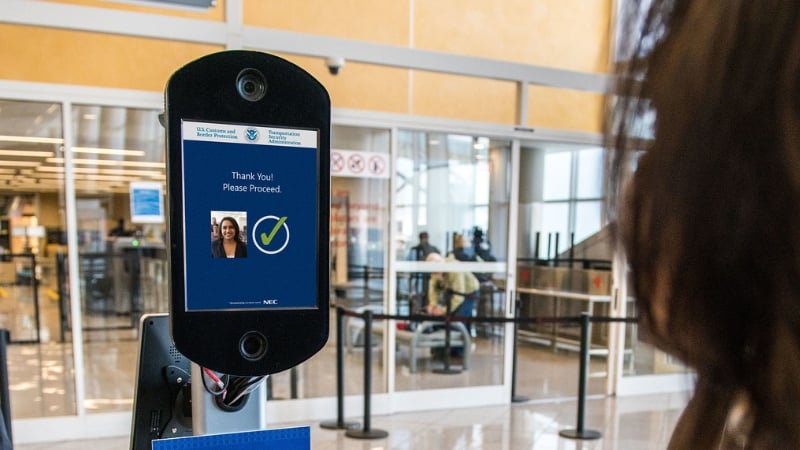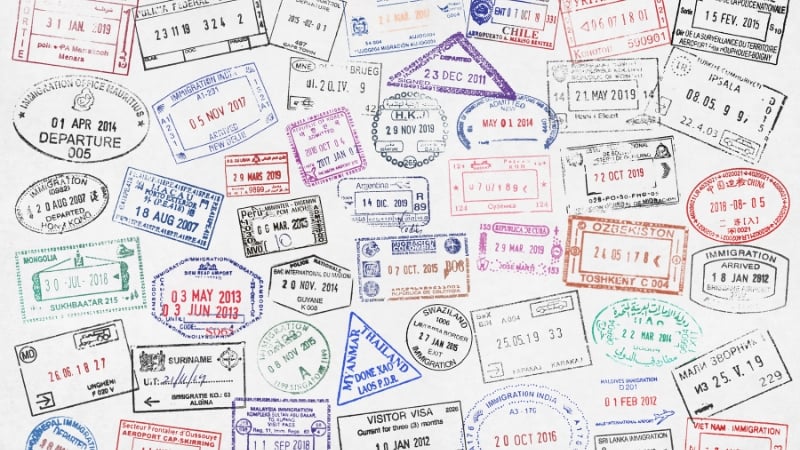If you’re planning to travel to the United Kingdom (UK) or Europe in 2025, get ready for some significant changes to the way you’ll cross borders. The age of digital travel is officially here, and with it comes new rules, fees, and processes aimed at streamlining border security. Here’s everything you need to know before you pack your bags!
Also read: Singapore to Europe by Land: It Took Me 7 Weeks & S$3,000
Say Hello to the UK’s ETA

Image credit: Sopwithxiii1918 via Pixabay
Starting 8 Jan 2025, millions of travellers from non-European countries will need an Electronic Travel Authorisation (ETA) to enter the UK – Even if they’re just transiting. This applies to short stays of up to six months and costs £10 (S$17).
The process is straightforward: Fill out an online form, pay the fee, and wait for approval. Most applications will be processed within a few hours, but it can take up to three business days. Once approved, your ETA will be valid for two years or until your passport expires, whichever comes first.

Image credit: Narvikk via Getty Images Signature
The UK government’s goal? A more efficient border system. Airlines will check ETA statuses via a digital link to your passport, meaning fewer delays at customs. Additionally, the collected biometric and contact details will enhance security, helping to track traveller movements and prevent fraud.
The EU’s New Travel Rules: ETIAS and EES

Image credit: Anya Berkut via Getty Images
Europe is also stepping up its game with new digital entry systems. The European Travel Information and Authorisation System (ETIAS) rolls out in mid 2025, requiring visa-exempt travellers from 60 countries to apply for authorisation before arriving.
The ETIAS process is similar to the UK’s ETA: Apply online, pay €7 (S$10), and wait up to 96 hours for approval. This authorisation will be required to enter 30 European Union (EU) nations, making it a must-do for most short-term visitors.

Image credit: Delta News Hub via Flickr
On top of that, the EU plans to implement the Entry/Exit System (EES), which replaces traditional passport checks with biometric scans. Non-EU nationals will have their faces and fingerprints scanned upon entry to any of the 29 participating EU countries. While this system doesn’t require pre-trip applications, it’s another step in the digitalisation of travel. Originally slated for late 2024, the EES is now delayed until sometime in 2025.
These systems aim to modernise border crossings and reduce wait times, which have grown with the post-pandemic surge in travel. They’re also designed to combat issues like overstays and identity fraud.
The Good, the Bad, and the Complicated

Image credit: BreizhAtao via Canva Pro
While these changes are meant to make travel smoother, they’re not without controversy. Critics argue that the added fees and applications might deter younger or budget-conscious travellers. The digital-only approach also raises concerns about what happens when systems fail – Because, let’s face it, tech glitches are bound to happen.
And then there’s the sentimental side of travel: Passport stamps! For many (myself included), those little ink marks are treasured souvenirs, a tangible record of adventures abroad. As we move toward digital entry systems, these stamps might become a thing of the past, leaving travellers with nothing but memories (and maybe an email confirmation).
Tips for Preparing for Your 2025 UK and Europe Travel

Image credit: Artur Roman via Pexels
If you’re planning to travel to the UK or Europe in 2025, here’s what you can do to avoid last-minute stress:
- Check Your Eligibility: Determine if you need an ETA for the UK or an ETIAS for Europe based on your nationality and travel plans.
- Budget for Fees: The costs may seem small, but they can add up, especially for families or frequent travellers.
- Apply Early: Don’t leave your applications until the last minute – Processing times can vary, and you don’t want to risk delays.
- Stay Updated: Keep an eye on official government websites for the latest updates on these systems.
Also read: 7 One-Week Itineraries in the United Kingdom
While the move toward digital border systems might feel like a hassle at first, it’s all part of the global push to modernise travel. Whether these changes truly streamline the experience or create new headaches remains to be seen, but one thing’s for sure: 2025 will mark the start of a new era in international travel.





